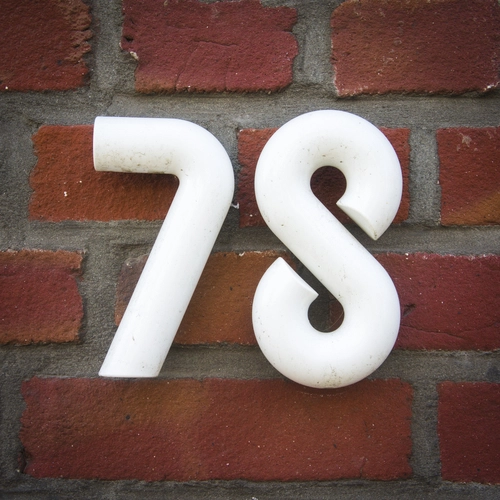Keep 78, 79 Straight Using These Tips

Question: What is the difference between modifiers 78 and 79? Our PM physicians rarely perform surgery in the operating room (OR), but it happens sometimes. None of us in the coding department know much about these modifiers, so any help is appreciated. Illinois Subscriber Answer: When the physician needs to perform an unplanned procedure during a patient’s postoperative period, coders need to be ready to choose between modifiers 78 (Unplanned return to the operating/procedure room by the same physician or other qualified health care professional following initial procedure for a related procedure during the postoperative period) and 79 (Unrelated procedure or service by the same physician or other qualified health care professional during the postoperative period) to make sure the claim is compliant. One coding expert has made an easy mnemonic device out of modifier 78, and it help explains when to use it. “I use the rhyme 78-relate, and that pretty much says it all,” explains Suzan Hauptman, MPM, CPC, CEMC, CEDC, director compliance audit at Cancer Treatment Centers of America. “If a patient requires a return trip to the OR that is directly related to a procedure that took place within the last 90 days, the 78 modifier is appended.” There are several instances in which you might use modifier 78, but the important elements of each encounter are whether the service was related to the original surgery and whether or not the surgeon returned the patient to the OR. Keep in mind that it must be trip to the OR, Hauptman warns. If another procedure is needed and performed at the bedside or in the office, it cannot have the 78 appended to it as it is included in the global surgical package. Modifier 79: As 78 is for related procedures, modifier 79 “is for procedures performed that are unrelated to the one performed within the last 90 days [the original global surgical period],” says Hauptman. “If the procedure is totally unrelated, the 79 would be appended, and a new 90-day global period would be set in motion around the second procedure.” It’s important to remember that the second procedure, the one with modifier 79, is unrelated. It’s not a planned return for a staged procedure or a return to the OR for a complication or other related procedure. No matter the modifier, you’ll need to have solid documentation of each of the patient’s conditions to make both 78 and 79 claims fly. Make sure your providers know the importance of accurate ICD-10 coding for each condition related to the encounters involved in your modifier 78/79 claims. As far documentation outside of ICD-10 codes for modifier 78 claims, “the documentation should clearly indicate the relative nature of the procedure. The physician should be very clear when talking about the second procedure in both the visit leading up to the procedure as well as the procedure itself,” explains Hauptman.




